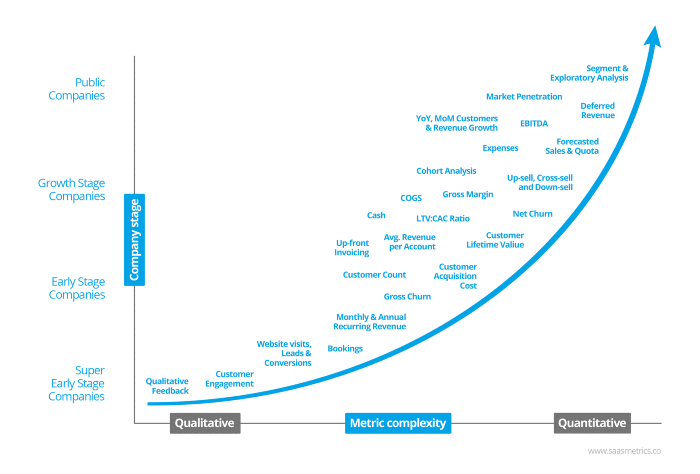SaaS Scaling Strategies

From Startup to Scale-Up
Scaling a SaaS business requires more than just acquiring users — it demands robust infrastructure, intelligent automation, and a relentless focus on user retention. As competition grows, the fastest-scaling SaaS products are those that can iterate quickly, personalize experiences, and expand globally without compromising performance.

Why Scaling Matters in SaaS
Unlike traditional software models, SaaS success is measured by Monthly Recurring Revenue (MRR), churn rate, and customer lifetime value (CLTV). Rapid scaling enables market capture, investor interest, and long-term defensibility — but it must be sustainable, secure, and infrastructure-ready.
Key Elements of Scalable SaaS
- Microservices Architecture: Breaks monoliths into scalable components that can evolve independently.
- CI/CD Pipelines: Enables fast, safe deployments and experimentation without downtime.
- Multi-Tenant Infrastructure: Optimizes resource usage and simplifies global rollout.
- Usage Analytics & Feedback Loops: Guide roadmap decisions based on real user behavior.

Examples of SaaS Growth in Action
Platforms like Slack, Notion, and Stripe have scaled by combining virality, enterprise readiness, and developer-friendly APIs. These tools demonstrate how product-led growth (PLG), community building, and modular pricing can drive exponential adoption across industries.
Challenges When Scaling Fast
As SaaS usage grows, so do risks: technical debt, vendor lock-in, support complexity, and data regulation requirements (like GDPR and SOC 2). Startups must build both a product and an ecosystem that can evolve under pressure.
Conclusion
Scaling a SaaS product isn’t just about growth — it’s about building a resilient, reliable, and scalable engine for recurring value. The right architecture and strategy can transform a lean MVP into an industry-defining platform.
Think scale early. Execute relentlessly.